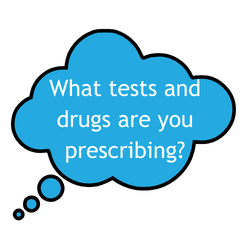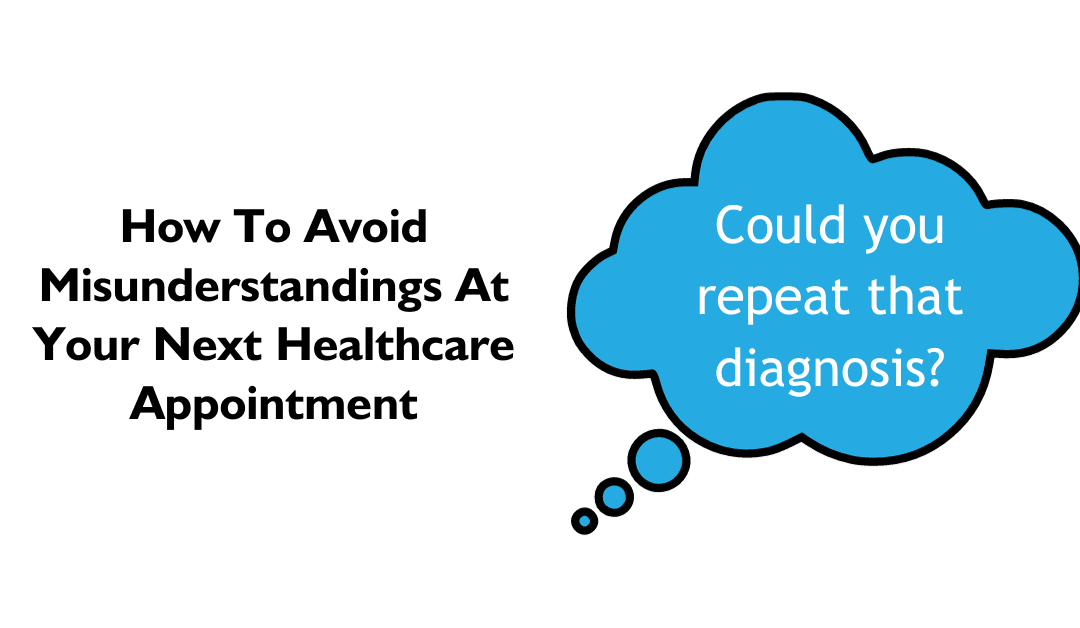You’ve likely experienced a fast-paced doctor’s appointment where lots of new and unfamiliar information came at you that was hard to grasp, especially when you were not feeling well. Health information can be complicated and confusing—even for the most highly educated people with advanced literacy skills.
Although many doctors are well-practiced at translating medical jargon (referred to as “doctor speak”) into understandable language for their patients, others may not be as skilled. If you and your healthcare provider come from different backgrounds or cultures, it can also make communication more challenging.
Misunderstandings in medical settings or not having important knowledge about your health and care can lead to bad health outcomes. You might miss out on:
- Understanding your diagnosis and treatment options to make informed decisions
- Knowing what symptoms and side effects to expect and how to manage them
- Taking the right medications in the correct way and at the right times
- Following instructions for home care and follow up care
Taking Control of Your Medical Appointments
Here’s how to be a better self-advocate for your wellbeing by taking an active role during your medical appointments:
- Write down your questions at home and bring them with you to your appointment.
- If you can’t understand information you are given or forms you are asked to complete or sign, don’t be embarrassed to say something to your healthcare provider. Ask questions or have them repeat or rephrase the information using basic words. Making a drawing, a diagram or another type of visual explanation could also be a helpful tool.
- In your own words (paraphrase), repeat back what you heard so the provider can confirm that you understood the information fully and accurately, or explain it further if needed.

- If someone is talking too fast or you can’t hear them well, ask them to speak more slowly or more loudly.
- Ask for a qualified medical interpreter in advance if your doctor is not fluent in the language you are most comfortable using. There are laws requiring most medical facilities to provide this service at no cost to patients.
- Take notes or record the visit (with the doctor’s permission) so you can listen to it again at home.
- Ask for printed information about the medications, test or procedures, treatments and illness or disease (and in your preferred language) being discussed with you. If not is readily available, ask for a reliable resource where you can find the information online.
- Bring someone with you to your appointments as another set of ears, to take notes, or to help with questions.
- Always share your concerns or worries with your provider so you can work together to find a solution.


Recent Comments